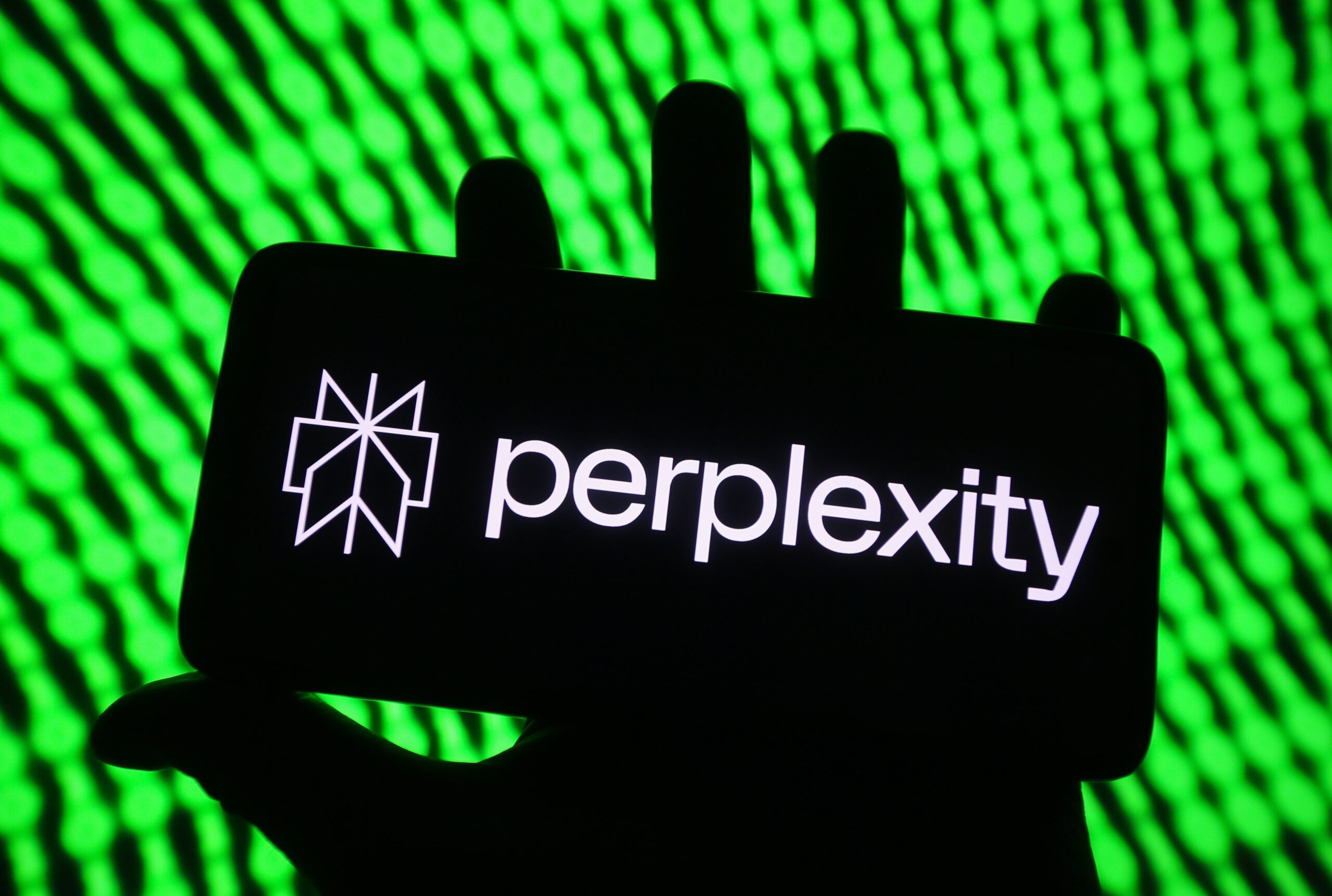A new lawsuit brought against the startup Perplexity argues that, in addition to violating copyright law, it’s breaking trademark law by making up fake sections of news stories and falsely attributing the words to publishers.
Dow Jones (the publisher of the Wall Street Journal) and the New York Post—both owned by Rupert Murdoch’s News Corp—brought the copyright infringement lawsuit against Perplexity today in the US Southern District of New York.
This is not the first time Perplexity has run afoul of news publishers; earlier this month, The New York Times sent the company a cease-and-desist letter stating that it was using the newspaper behemoth’s content without permission. This summer, both Forbes and WIRED detailed how Perplexity appeared to have plagiarized stories. Both Forbes and WIRED parent company Condé Nast sent the company cease-and-desist letters in response.
A WIRED investigation from this summer, cited in this lawsuit, detailed how Perplexity inaccurately summarized WIRED stories, including one instance in which it falsely claimed that WIRED had reported on a California-based police officer committing a crime he did not commit. The WSJ reported earlier today that Perplexity is seeking to raise $500 million is its next funding round, at an $8 billion valuation.
Dow Jones and the New York Post provide examples of Perplexity allegedly “hallucinating” fake sections of news stories. In AI terms, hallucination is when generative models produce false or wholly fabricated material and present it as fact.
In one case cited, Perplexity Pro first regurgitated, word for word, two paragraphs from a New York Post story about US Senator Jim Jordan sparring with European Union Commissioner Thierry Breton over Elon Musk and X, but then followed them up with generated five paragraphs about free speech and online regulation that were not in the real article.
The lawsuit claims that mixing in these made-up paragraphs with real reporting and attributing it to the Post is trademark dilution that potentially confuses readers. “Perplexity’s hallucinations, passed off as authentic news and news-related content from reliable sources (using Plaintiffs’ trademarks), damage the value of Plaintiffs’ trademarks by injecting uncertainty and distrust into the newsgathering and publishing process, while also causing harm to the news-consuming public,” the complaint states.





